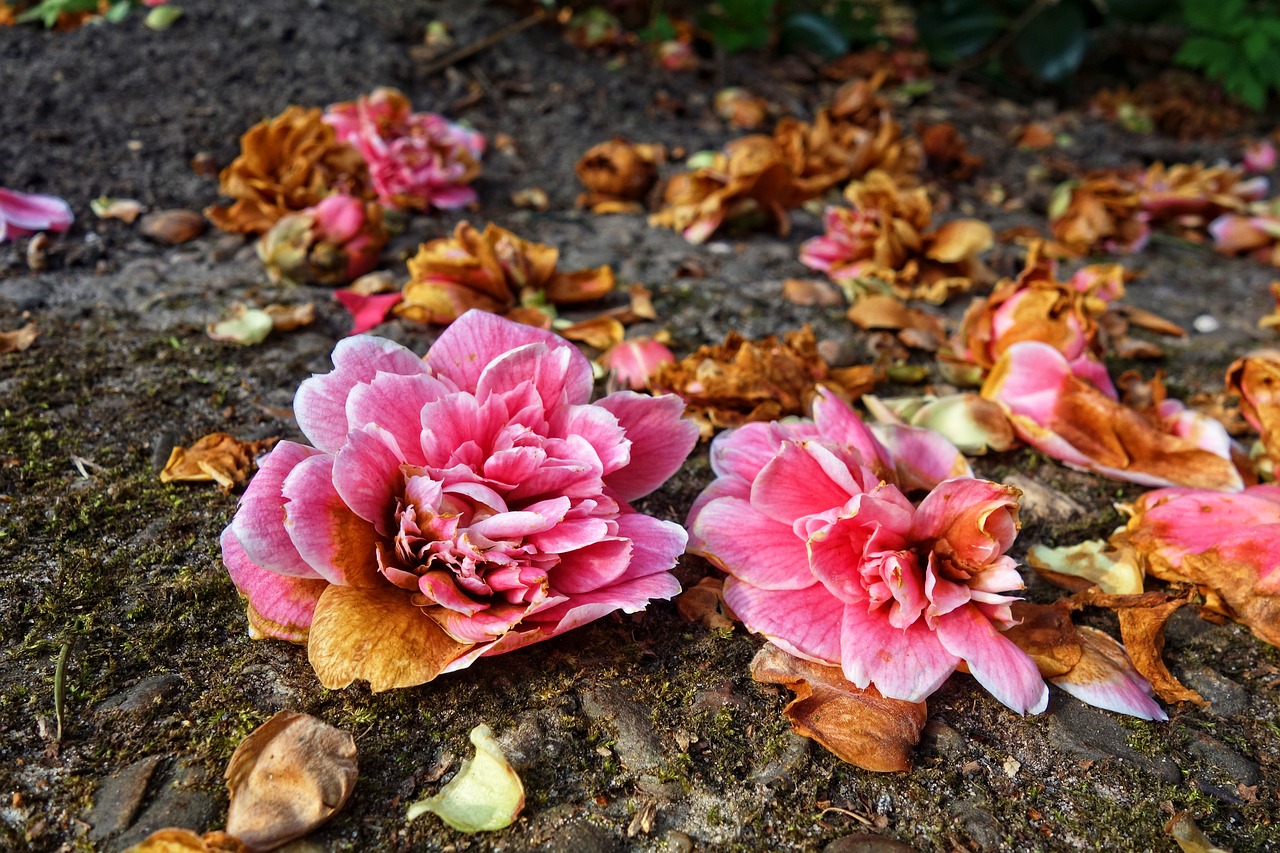It was my first day on service at the hospital ward. I had a list of patients already admitted from the previous doctor. For the next week, I would be responsible for their care. I read over the electronic charts of the first three patients. Then, with white coat, stethoscope, and a few notes, I began my visits to their rooms to examine them, to update them on results, and to come up with a new plan for the day in the hospital.
As I walked into the first room, the black out curtains were drawn. I heard bodies moving about in the darkness. As my eyes slowly adjusted, I realized the darting silhouettes were family members. One of them drew back the curtain just a little. In the recliner chair, a pale white face was lit by the dim green glow of the fluorescent night light above the mirror at the sink. He looked up at me, hospital gown, blue with the standard issue green pattern, rotund body, and ghostly face.
“Doc, will you help me die?” he cut through the silence and the words sliced into me. A look of desperation on his face cut even deeper as my shock settled. What was he asking me to do? I soaked in his appearance: well-nourished, slightly overweight, looks young for his age, good vitality, but definitely pale, the greenish tint is not just the light, a general good-naturedness and softness to his face. Several young family members (his children, perhaps grandchildren) were now sitting upright on the hospital bed and in various places in the room. They had all been sleeping, perhaps after a long difficult night.
The information that I had just read from his chart ran through my head. 68-year-old white male retired from Michigan with diagnosis of gall bladder cancer.
The medical file in my head with the information on that diagnosis flipped open. Porcelain gall bladder. Painful. Jaundice. Poor prognosis.
The echo of his words pierced into me, “help me die.” The words on the chart came up, awaiting hospice. He thought I was the hospice doctor.
“Yes,” I said after a pause, “the hospice doctor has been called and will be coming.”
While I could have easily also said, “No, that’s the hospice doctor that will be coming later.”
I realized what he was really asking.
“Doc, I don’t want to be alone. Will you be with me? Will you help me die?”
He had already talked to the oncologist. He was in the end stages. He was in a lot of pain. He had come to a place of acceptance. It was not about quantity of life left, it was not even about quality of the life, it was about the quality of death.
In that moment, the sacredness of his question struck me and the sacredness of my role as his doctor, even just for this moment before the hospice team of doctors and nurses took over his care.
He simply did not want to be alone in this place that he had never been, and so for now, I would walk next to him as he walked towards death.
“Doc, will you help me die?”
When I tell this story and begin with that question, some have jumped to the idea of assisted suicide. From the precarious moral high ground, they forcefully ask, “What did you say?” They have already written the story in their heads of what I should say. They have passed judgment on this man before they have met him in my story. What right do you have to take life? What right does anyone have to give up on life? They cannot see their way to this man’s pleading question.
“Doc, please don’t abandon me. Doc, help me on this next journey. Doc, will you help me to die?”
